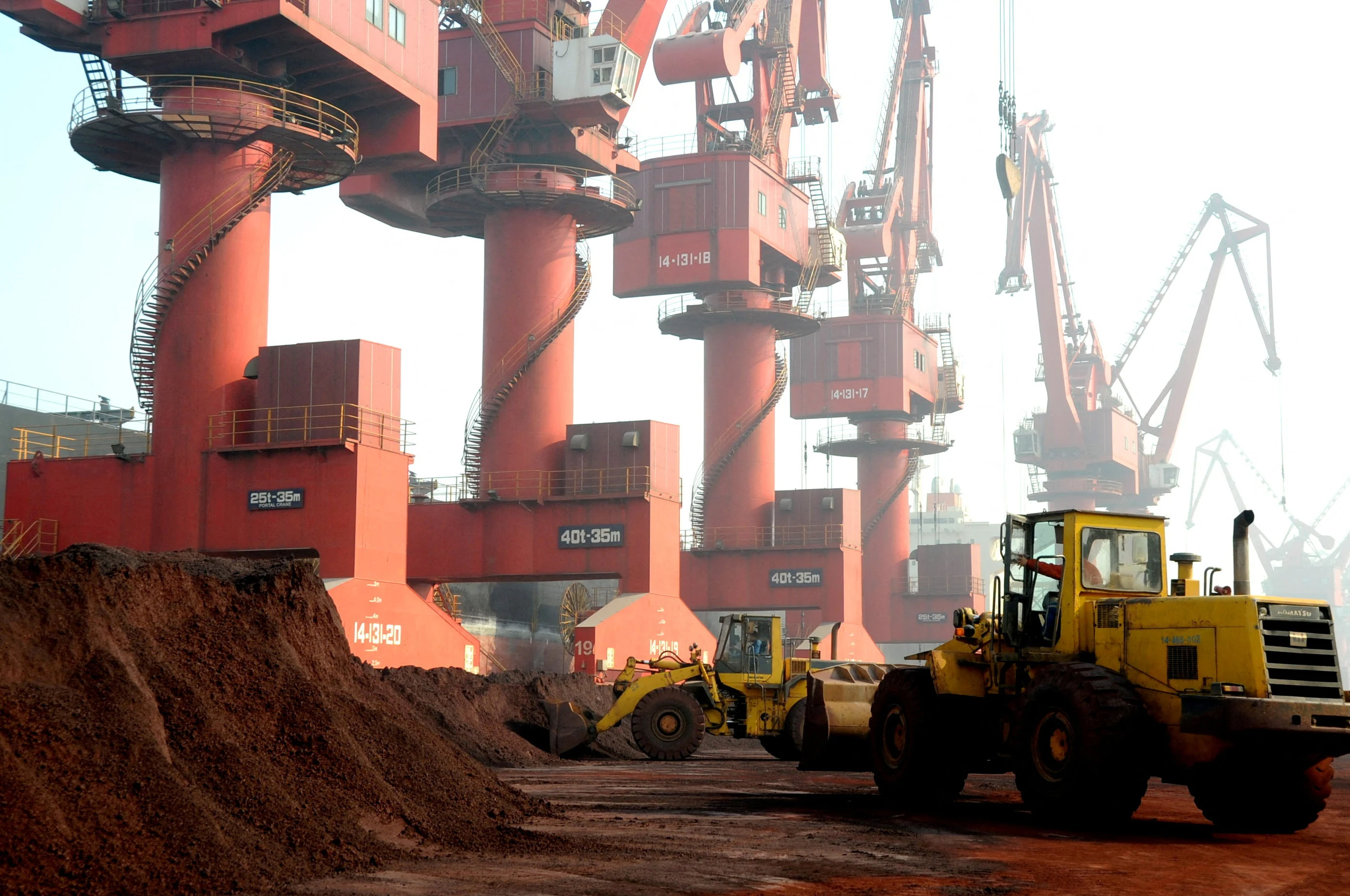Copyright scmp

The Chinese government’s recent announcement of more export controls on rare earth-related items marks a significant shift in global economic statecraft. The new measures, covering a spectrum of rare earth elements, other critical materials and relevant processing technologies, have been justified as measures to safeguard national security and fulfil non-proliferation obligations. The controls aim to deny the use of the materials in foreign military systems, linking China’s mines directly to the heart of Western military technological superiority. This could be seen as a robust policy response to the challenges posed by the United States’ own tariffs and technology restrictions. By openly targeting the military supply chain, Beijing has moved beyond trade disputes and issued a strategic challenge that the US and its allies cannot accept, ensuring a contest between evasion and enforcement. China is attempting to project its regulatory power beyond its borders in a manner reminiscent of the US. However, it faces a steep learning curve; it has limited experience, tools and institutional muscle to make these controls bite. The scope of the new controls is far-reaching. The listed items are not mere raw materials but include metals, alloys, target materials and permanent magnets critical for advanced technologies. Their military applications are decisive. From high-performance magnets in the F-35 fighter jet to radar systems, these rare earth elements are the lifeblood of modern warfare. The US Department of Defence had to delay F-35 deliveries, likely because many parts require Chinese-supplied rare earths, highlighting a profound dependency. This reliance is structural: the US has depended on China for about 70 per cent of its rare earth imports. It lacks the domestic capacity to process heavy rare earths, meaning even ore mined in the US must be sent to China for separation. It is precisely this dependency that China’s ban on military use seeks to exploit. The policy’s ultimate goal is to impose a strategic embargo on the core ingredients of the West’s next-generation military hardware, from the F-35 to hypersonic weapons and AI-driven systems. As a retired senior Chinese official revealed to me, this is a permanent move to leverage a critical supply chain, not a temporary bargaining chip. This finality guarantees the measures will be tested. The incentives to circumvent them are enormous. For the US military and hi-tech sectors, a denial of supply is unacceptable. Attempts appear to have already begun: the Ministry of State Security has accused foreign entities of attempting to smuggle rare earths by falsifying customs declarations, mislabelling products and using complex transshipment schemes. The response will be multifaceted. Private corporations will seek alternative suppliers, engage in transshipment or misclassify goods. Western intelligence and military agencies, facing a direct threat to their technological edge, could sponsor efforts to bypass the controls. This could foster a shadow economy involving black markets, sophisticated smuggling networks and covert operations to obscure the true end-use of these critical materials. China’s announcement is the starting pistol in a high-stakes race between control and circumvention. The central challenge for Beijing is practical enforcement. The US has decades of experience in extraterritorial enforcement. China, by contrast, is a novice. While China has initiated a “zero-tolerance” campaign and established coordination mechanisms among ministries, these efforts are primarily domestic. The far greater challenge lies in the extraterritorial pursuit of violations, a domain where the US has decades of experience and global reach that China’s Ministry of Commerce cannot yet match. Sanctions mechanisms also remain underdeveloped. Announcing a control is one thing; making it hurt is another. The US can freeze assets, cut off access to its banking system and press allies into compliance. China’s toolkit, while growing, is less formidable. It has developed instruments such as the Unreliable Entity List, but the practical impact of such measures on a determined adversary operating through cut-outs and shell companies is unproven. Without the ability to deliver sanctions that impose crippling costs, the announced controls risk being perceived as empty threats. The credibility of the entire policy hinges on Beijing’s ability to demonstrate that violations will be detected and punished severely enough to outweigh the benefits of non-compliance. The path forward for China is fraught with complexity. It must rapidly professionalise its export control enforcement agencies, investing in both domestic expertise and international cooperation. It has started this process, establishing dialogue mechanisms with the US, the European Union, Japan and South Korea, but these are forums for communication rather than joint enforcement. Deepening these into operational partnerships will be difficult. Beijing must also tread a fine line between assertive control and fostering a negative international environment. The coming months will see a frantic game of cat and mouse. This is more than a bureaucratic contest; it is a critical front in the broader technological cold war between Washington and Beijing. The outcome will reverberate far beyond rare earth markets. If China backs down or fails to enforce these controls effectively, it will not only undermine this specific policy but also cast doubt on its capacity to wield other forms of economic tools in its competition with the West. Conversely, if Beijing can successfully project its regulatory power globally, it will demonstrate a new and potent form of leverage, one that mirrors the very US financial and legal dominance it seeks to counter. The global balance of technological power could depend on the outcome of this high-stakes test, a stark reminder that the great geopolitical chess game continues, but the board is now made of rare earths.



